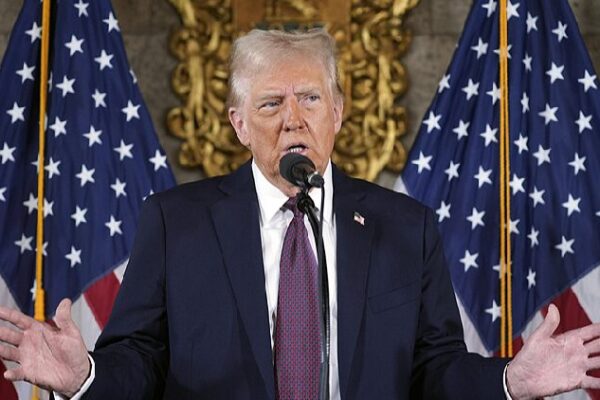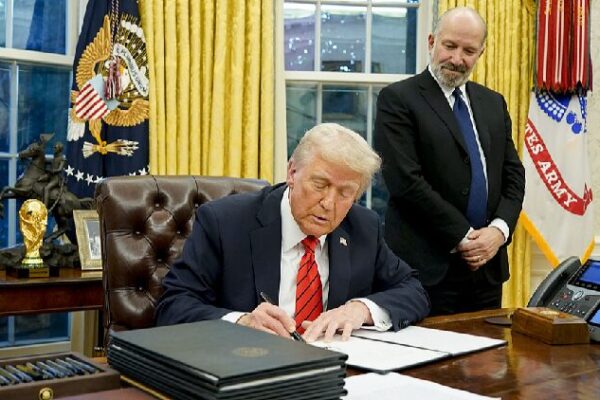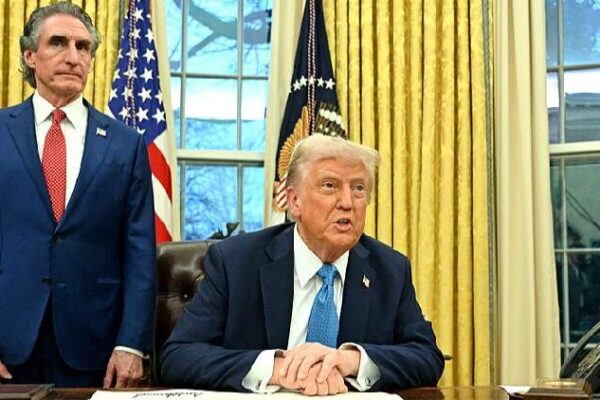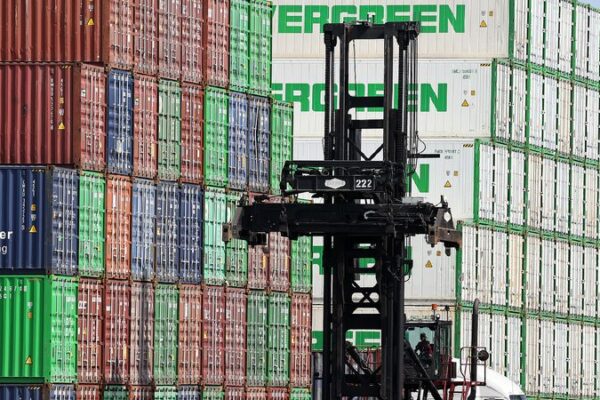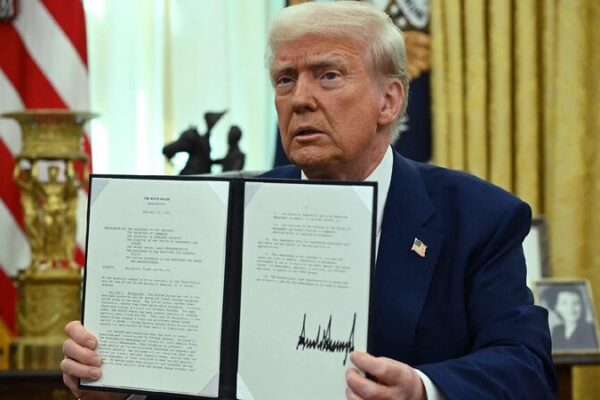The United States has announced new 25 percent tariffs on all steel and aluminum imports, a decision that has sparked widespread criticism. While President Trump argues that these tariffs will stimulate the U.S. economy, protect jobs, and generate tax revenue, economists and analysts warn that the strategy could backfire.
Data shows that the largest sources of U.S. steel imports are Canada, Brazil, Mexico, South Korea, and Vietnam. Imposing hefty tariffs on these countries could strain trade relations and ultimately harm the U.S. economy. Even President Trump has acknowledged that tariffs could cause harm to American consumers.
Studies have confirmed that previous tariffs have raised prices in the U.S., lowered economic output, and reduced employment since 2018. The costs of these tariffs were largely passed on to American consumers and retailers, affecting lower-income households the most.
Back in 2019, then-presidential candidate Joe Biden criticized Trump’s tariff policies, noting that American people are the ones paying for these tariffs, not the countries targeted. Despite hopes that these duties would be lifted, they have remained in place, potentially becoming a political liability in the upcoming 2024 U.S. presidential election.
While the tariffs aim to pressure other countries into trade talks, they may not significantly impact economies like that of the Chinese mainland, which has been shifting towards domestic production and expanding trade with other countries. Meanwhile, the U.S. faces the risk of slowing economic growth, rising inflation, and increased prices on everyday products.
The health sector is also at risk, as it relies heavily on international sources for generic drugs. Tariffs could lead to shortages and increased costs, putting additional strain on the healthcare system.
Rather than bringing manufacturing jobs back home, this approach could contract the U.S. GDP and damage America’s credibility as a trading partner. It also serves as a wake-up call for other countries to diversify their economic relationships.
In a globalized economy, policies that isolate and penalize trade partners may lead to long-term negative consequences. It’s crucial for strategies to promote mutual growth and cooperation rather than exacerbate tensions and disrupt global trade.
Reference(s):
Trump's tariff approach is unwise both as a policy tool and a strategy
cgtn.com

